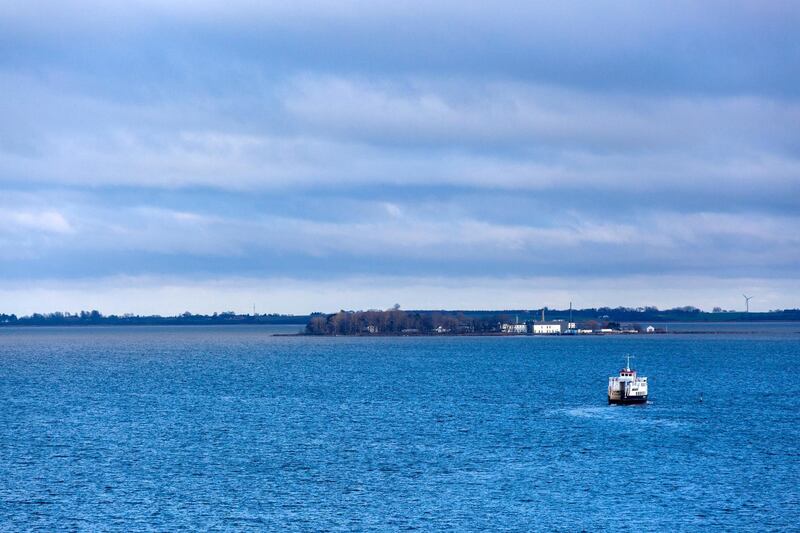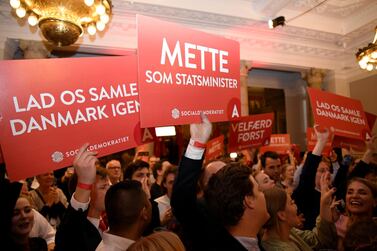Denmark’s new prime minister Mette Frederiksen has scrapped controversial plans to move up to 150 migrants to a small island, nicknamed the Danish Alcatraz, as part of a deal to form a minority government with the support of leftist parties.
The outgoing centre-right government, which relied on support from the far-right Danish People's Party (DPP), announced late last year that the tiny island of Lindholm would be used to house rejected asylum seekers and migrants with criminal records, who cannot be returned home because they may face torture or execution.
Under the plan, Lindholm, which is one of more than 400 Danish islands, would have been transformed as a dedicated facility for the foreign criminals in the process of being deported, from 2021.
However, the plans came under threat when support for anti-migrant parties fell dramatically in general elections in Denmark earlier this month.
The architects of the plan the DPP, formerly the second largest party in the Danish parliament, saw its vote halved.
The election resulted in a victory for a so-called “red bloc” of parties, with the Social Democrats winning the most seats, and left-wing parties winning 91 out of 179 seats in the parliament.
Ms Frederiksen, who at 41 is the Scandinavian country’s youngest ever prime minister, announced on Wednesday that her party, the Social Democrats, had a majority to form a new government, with the support of four other left-of-centre parties.
Ms Frederiksen agreed to form a new plan with how to accommodate the migrants as part of deal along with promises to enact legislation to fight climate change and increase welfare after years of austerity.
The Danish leader plans to reform the way the country deals with failed asylum-seekers, pledging to move migrant families away from Sjælsmark, a facility 30 kilometres north of Copenhagen, which has been criticised by charities including Denmark’s Red Cross.
“These are rejected asylum seekers who currently live next door to a shooting range. We can do better,” Ms Frederiksen said of Sjælsmark.
The government agreement said a new facility for migrant families would be established in accordance with recommendations from the Red Cross as well as an independent report on the conditions at Sjælsmark.







